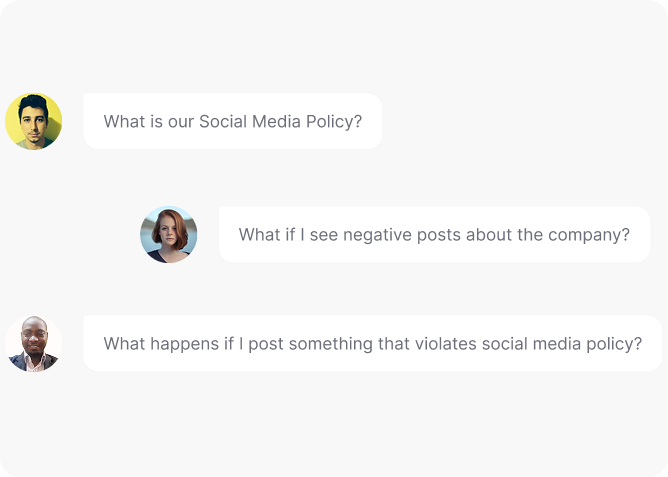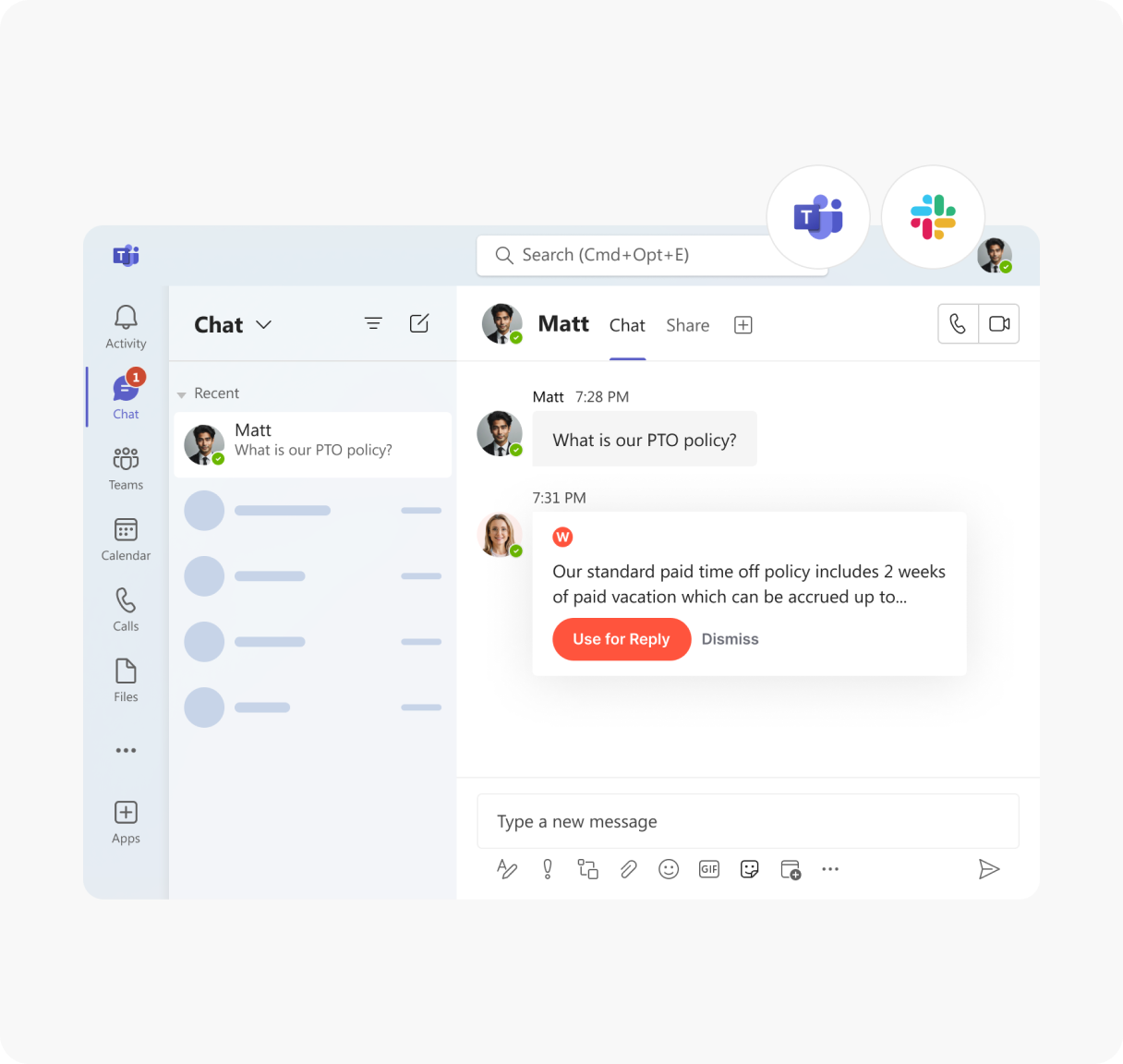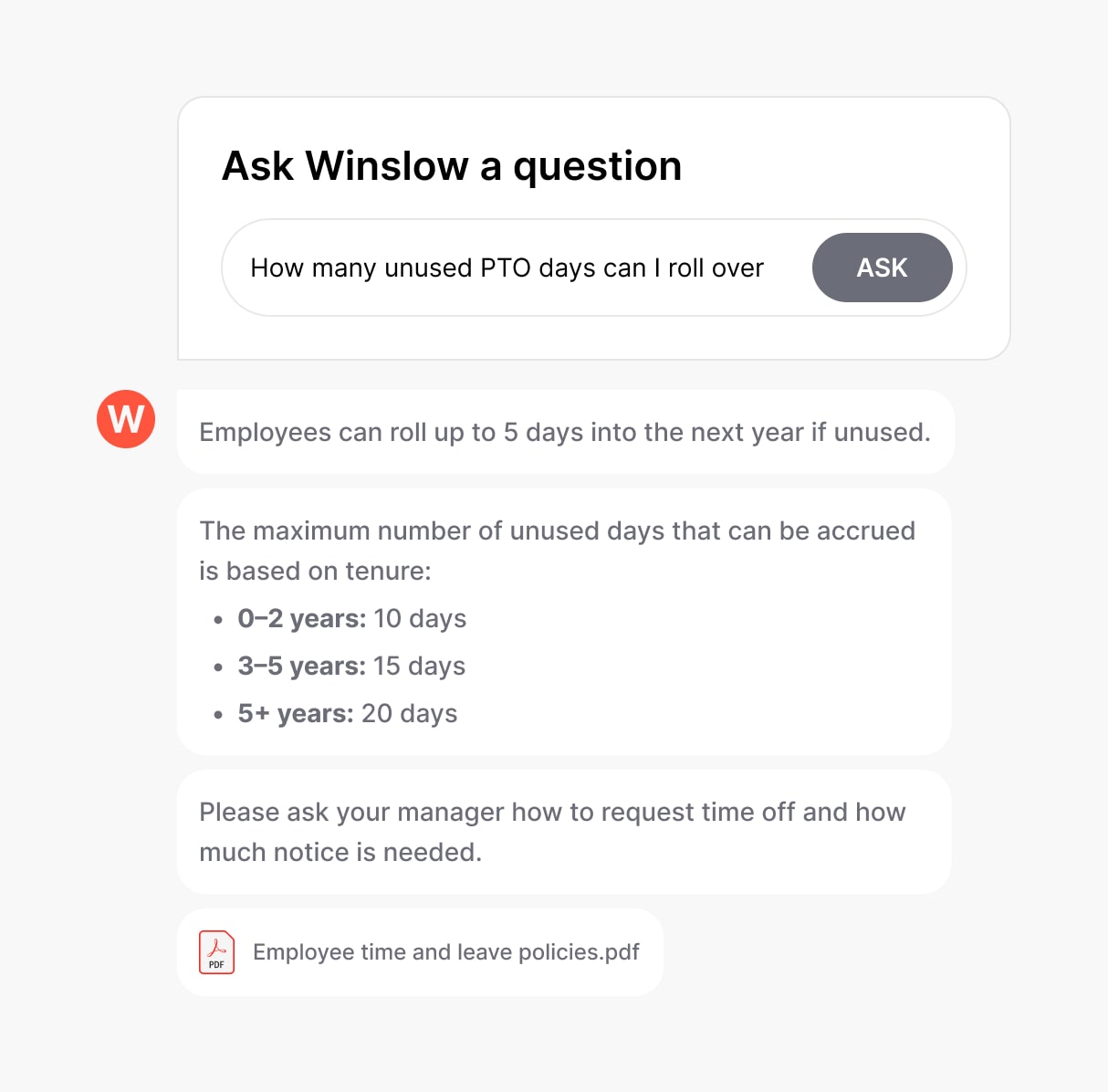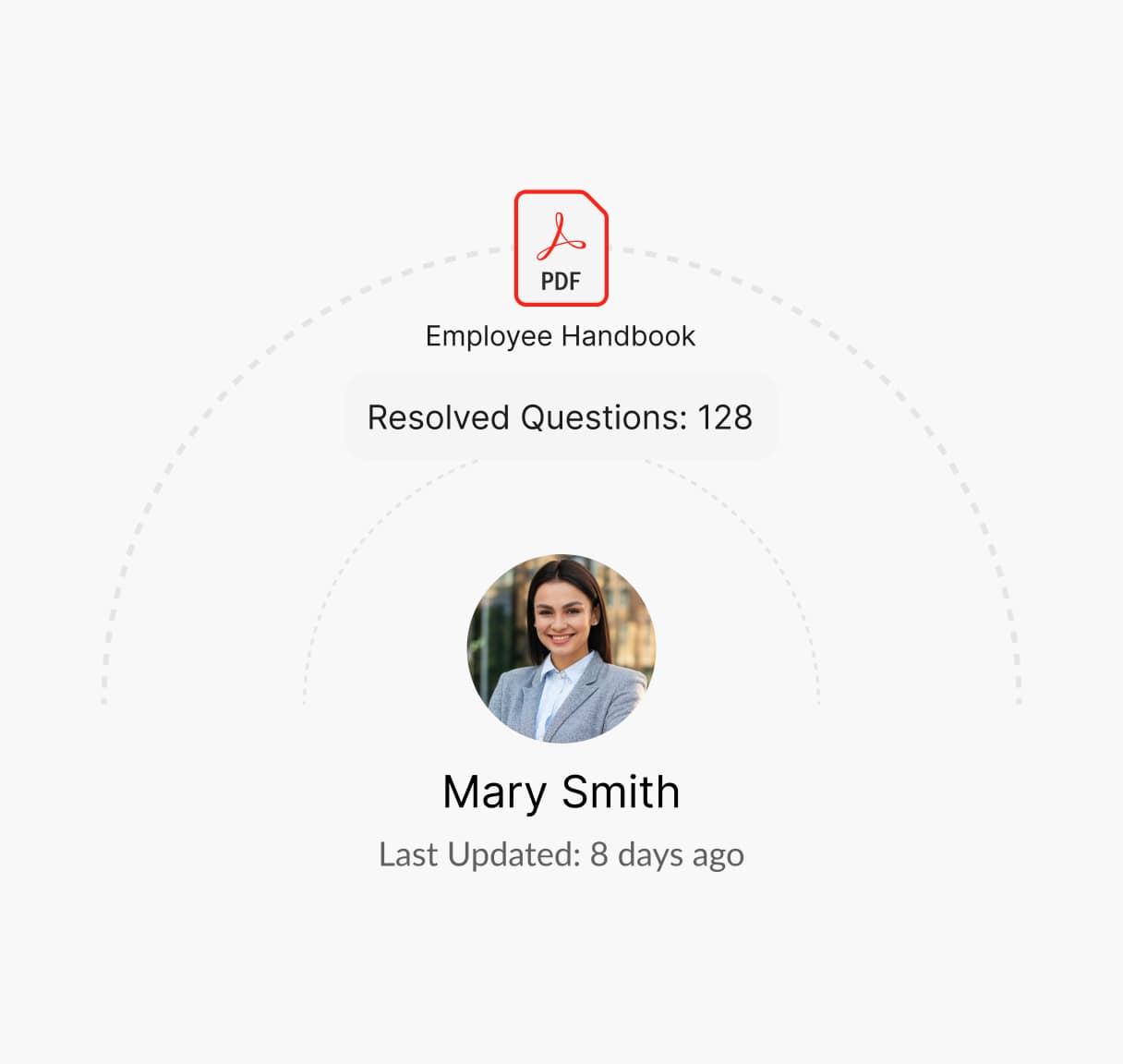Everything You Need to Know About Social Media Policy
Social media plays a key role in modern workplaces, but it must be managed responsibly. A Social Media Policy defines appropriate online behavior, protects company reputation, and ensures employees understand their responsibilities when representing the organization on digital platforms.

What is a Social Media Policy?
A Social Media Policy is an HR document that sets guidelines for employees’ use of social media in a professional and personal capacity. It defines acceptable online behavior, confidentiality rules, and brand representation standards to prevent reputational risks and compliance violations. This policy also clarifies the consequences of policy breaches and how employees can responsibly engage on social platforms.
A well-crafted social media policy helps protect the company’s reputation, maintain compliance with regulations, and guide employees on responsible digital interactions.
Guidelines for Creating a Social Media Policy
A well-defined social media policy helps employees navigate professional and personal use responsibly. Here are some guidelines to consider:
Define Acceptable Use
Clearly outline how employees can engage with company-related content online.
Establish Confidentiality Rules
Prohibit sharing sensitive company information on social media.
Address Personal vs. Professional Accounts
Clarify expectations for using personal accounts in relation to work topics.
Provide Brand Representation Guidelines
Set rules for engaging with the company’s brand voice and messaging.
Detail Consequences for Misuse
Outline disciplinary actions for policy violations, including defamation or harassment.
Include Legal Considerations
Ensure compliance with defamation, copyright, and data protection laws.
What is Covered in a Social Media Policy?
An effective Social Media Policy should include the following:
Company Representation Guidelines
Define when employees can speak on behalf of the company.
Confidentiality and Privacy Rules
Restrict the sharing of trade secrets, customer data, and internal communications.
Usage During Work Hours
Clarify whether social media can be used during business hours.
Cybersecurity Measures
Outline safe social media practices to prevent phishing and security threats.
Reporting and Escalation Procedures
Provide a process for reporting inappropriate social media behavior.
Legal Risks and Compliance
Ensure employees understand their obligations regarding trademarks and intellectual property.
Disciplinary Actions
Define consequences for breaches, such as warnings, suspensions, or terminations.
Need help creating a Social Media Policy?
How Winslow helps HR teams save time on responding to Social Media Policy?
Managing social media inquiries can be time-consuming, but Winslow, your AI-powered HR assistant, simplifies the process:

Instant answers anytime
Winslow makes your Social Media Policy easily accessible via Slack, Teams, or email. Employees can instantly access guidelines on appropriate online behavior, brand representation, and confidentiality rules.
Personalized Support
Winslow provides instant answers to all HR questions including those about your Employee Privacy Policy, ensuring clarity on workplace surveillance, personal data protection, and confidentiality guidelines.


Analytics and Insights
Winslow tracks policy-related queries, helping HR teams identify trends and common concerns. This data enables organizations to refine their policy, improve reporting channels, and address recurring issues proactively.
Promote Responsible Social Media Use Easily with Winslow
A clear social media policy helps protect your company’s reputation. With Winslow, you can simplify policy communication, reduce HR workload, and enhance employee experience.
Frequently asked questions
Have further questions about Winslow, contact us at sales@usewinslow.com
Can employees mention the company on their personal social media accounts?
Yes, but they should include a disclaimer that opinions are their own and not representative of the company. Confidential information and company-sensitive details must not be shared.
Are employees allowed to use social media during work hours?
Limited personal use is allowed as long as it does not interfere with productivity. Excessive or inappropriate social media use during work hours may lead to disciplinary action.
What are the guidelines for employees managing official company social media accounts?
Only authorized employees can post on behalf of the company. Content must align with brand guidelines, be professional, and avoid misinformation or controversial topics.
What actions may result in disciplinary measures related to social media use?
Posting discriminatory, harassing, confidential, or defamatory content about colleagues, customers, or the company may lead to disciplinary actions, including termination.
How should employees report social media misuse related to the company?
Employees should report any policy violations or reputation-damaging content to HR or the social media management team for review and action.
Additional resources
Device Usage Policy
Managing employee leave effectively is vital for maintaining workforce productivity and compliance....
Learn moreconfidentiality policy
Protecting sensitive information is crucial. A clear Confidentiality Policy outlines guidelines for...
Learn moreclaim reimbursement
Ensuring fair compensation for expenses is key. A clear Claim Reimbursement Policy...
Learn more




